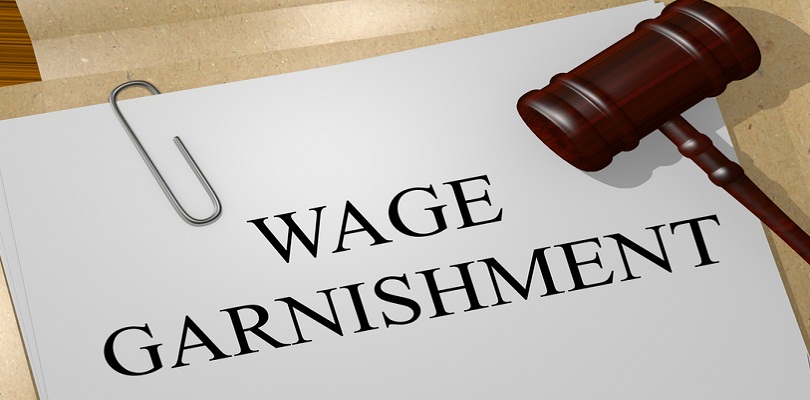Stop Wage Garnishment is when a court issues an order requiring your employer to withhold a certain amount of your paycheck and send it directly to the person or institution to whom you owe money, until your debt is paid off.
What is Your Total Debt?
If you are faced with a wage garnishment, bankruptcy is not your only option to stop it. There are a number of things you can do that might prevent a creditor from garnishing your wages.
- Attorney to stop wage garnishment
- Respond to the Creditor’s Demand Letter.
- Seek State-Specific Remedies.
- Get Debt Counseling.
- Object to the Garnishment.
- Attend the Objection Hearing (and Negotiate if Necessary)
- Challenge the Underlying Judgment.
- Continue Negotiating.
Can you Stop Wage Garnishment?
Most creditors cannot garnish your wages without first getting a money judgment against you. The creditor will continue to garnish your wages until you pay the debt in full or take some measure to stop the garnishment, such as by filing for bankruptcy (see below).
Can an Attorney Stop a Garnishment?
If you are struggling with debt, you may want to consult with an attorney to find out whether bankruptcy can help you get back on your feet. (Learn more in Bankruptcy and Wage Garnishments.) It will not stop an income deduction to pay child or spousal support.
What is the Maximum Amount that can be Garnished from a Paycheck?
Federal law places limits on how much judgment creditors can take from your paycheck. The amount that can be garnished is limited to 25% of your disposable earnings (what’s left after mandatory deductions) or the amount by which your weekly wages exceed 30 times the minimum wage, whichever is lower.

